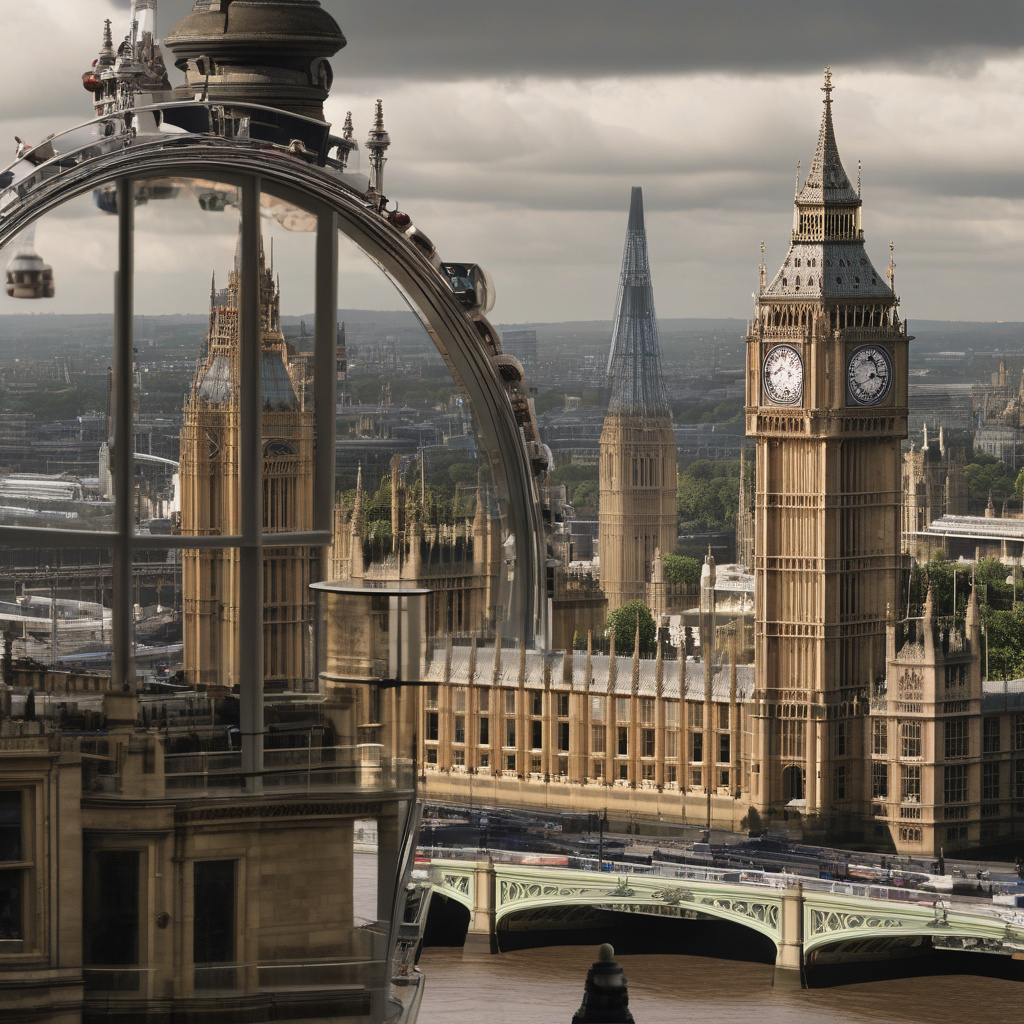Title: The UK’s Data Surveillance Demands: Will They Back Down?
In a digital landscape where privacy is paramount, the UK finds itself at a crossroads regarding its stance on data surveillance. Recent demands for access to encrypted data have not only stirred controversy domestically but also raised eyebrows across the pond in the United States.
The UK government’s push for a backdoor into Apple’s iCloud data has sparked concerns about privacy violations and the erosion of encryption standards. This move not only affects UK citizens but also has far-reaching implications for global users of iCloud services.
The backlash from US officials, including Vice President J.D. Vance and President Donald J. Trump, underscores the gravity of the situation. The US administration’s strong opposition to the UK’s demands reflects broader concerns about privacy rights and the potential impact on technology partnerships.
As pressure mounts, there are indications that the UK Home Office may need to reconsider its position. Reports suggest that the government is facing mounting international criticism and may be compelled to reassess its surveillance tactics.
Apple’s steadfast refusal to compromise on encryption principles highlights the importance of safeguarding user data. By taking a firm stance against backdoor access, Apple is not only protecting its customers but also setting a precedent for data security in the digital age.
The implications of yielding to data surveillance demands extend beyond individual privacy concerns. They could have far-reaching effects on businesses, particularly those reliant on secure data practices. Moreover, the lack of transparency surrounding these demands only serves to exacerbate the situation.
In a world where data privacy is non-negotiable, the UK’s approach to surveillance must be carefully evaluated. Balancing security needs with individual rights is crucial in maintaining trust in the digital ecosystem. It remains to be seen whether the UK will heed international concerns and recalibrate its data surveillance strategies.
As the debate unfolds, one thing is clear: the stakes are high, and the decisions made today will shape the future of data privacy and security for years to come. Stay tuned for further developments as the UK navigates the complex terrain of data surveillance in a rapidly evolving digital landscape.

